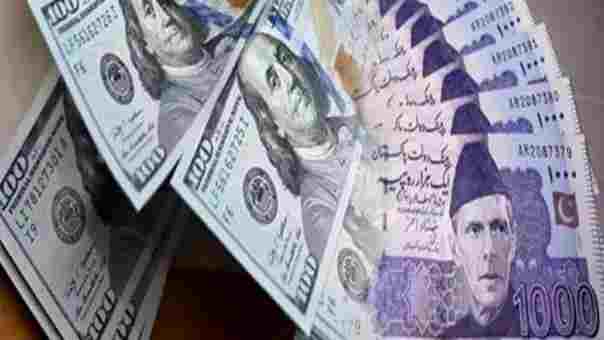The open currency market in Pakistan experienced continued turbulence on Thursday, June 26, 2025, as exchange rates witnessed significant fluctuations driven by global economic uncertainty and domestic financial pressures.
This persistent volatility has intensified concern among currency dealers, importers, and everyday consumers, who are feeling the growing impact of shifting exchange values on routine financial decisions.
On Thursday, the buying and selling exchange rates for major foreign currencies remained unstable, reflecting broader international economic challenges. The US Dollar was being traded at Rs. 283.65 for buying and Rs. 284.15 for selling. The UK Pound Sterling hovered around Rs. 386.33 and Rs. 387.01, while the Euro stood at Rs. 329.62 and Rs. 330.20. These fluctuations have made it more difficult for businesses to forecast costs and manage overseas transactions efficiently.
The Canadian Dollar was observed at Rs. 206.67 for buying and Rs. 207.03 for selling, while the Australian Dollar posted figures of Rs. 184.51 and Rs. 184.84. Similarly, the Singapore Dollar was quoted at Rs. 221.74 and Rs. 222.13, and the Swiss Franc saw values of Rs. 352.29 and Rs. 352.91. Other key currencies included the Chinese Yuan at Rs. 39.58 and Rs. 39.65, and the Japanese Yen, which held steady at Rs. 1.96 for both buying and selling.
The UAE Dirham and Saudi Riyal, two currencies critical to Pakistani expatriates, traded at Rs. 77.78 and Rs. 77.91, and Rs. 75.62 and Rs. 75.75 respectively. Meanwhile, the Hong Kong Dollar, Danish Krone, Swedish Korona, Thai Baht, and other regional currencies also showed slight movements, further underlining the overall instability in exchange rates.
According to financial analysts, tracking exchange rates has become a crucial aspect of modern economic strategy. Whether managing business transactions, planning travel, or paying overseas education fees, individuals and companies now rely heavily on up-to-date exchange rate information.
With no clear resolution in sight for the global economic slowdown, experts predict that exchange rates will remain volatile in the near term. As a result, financial advisors recommend that stakeholders remain vigilant, update their strategies regularly, and rely on trusted sources for timely updates on exchange rates.
